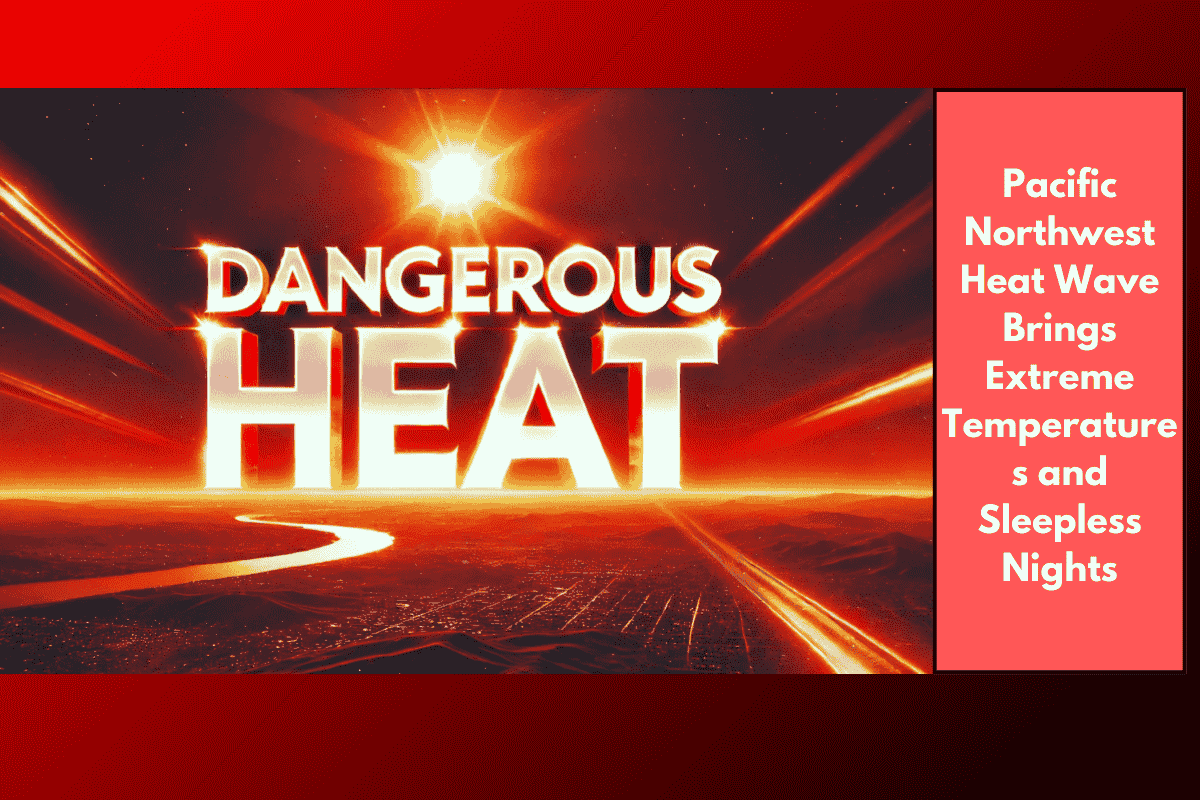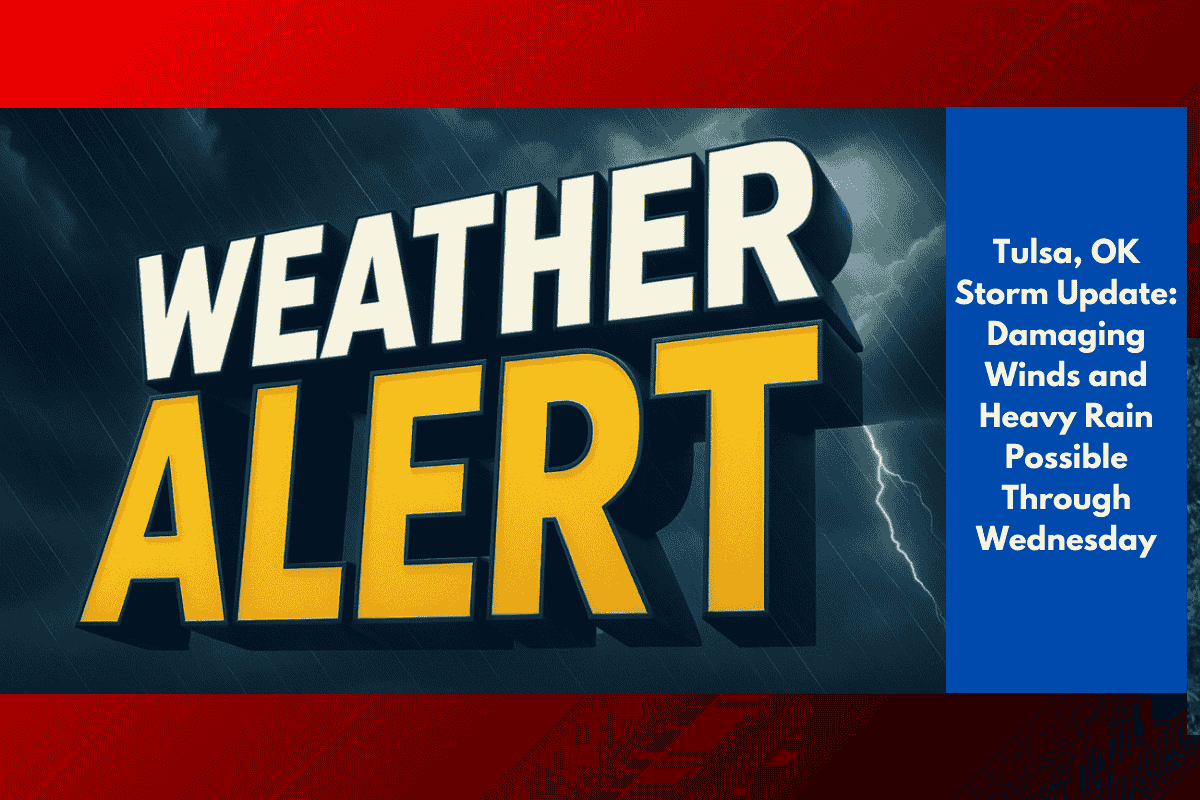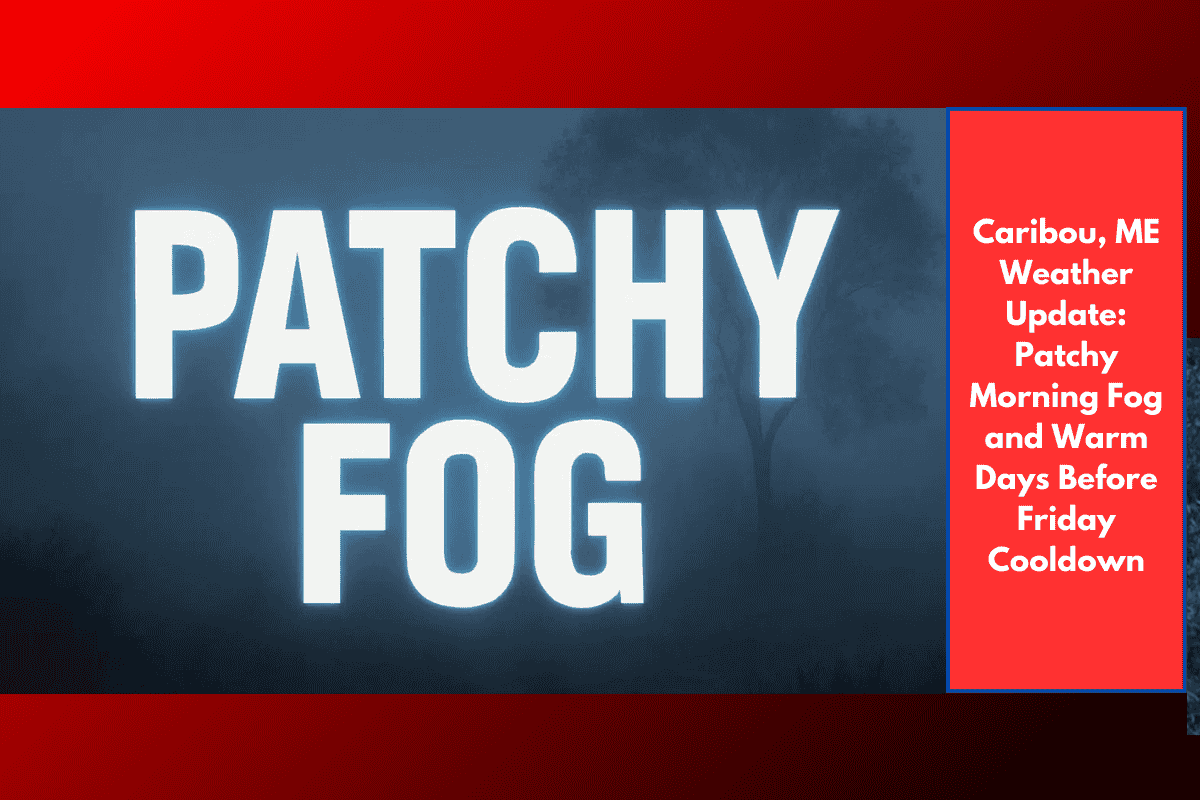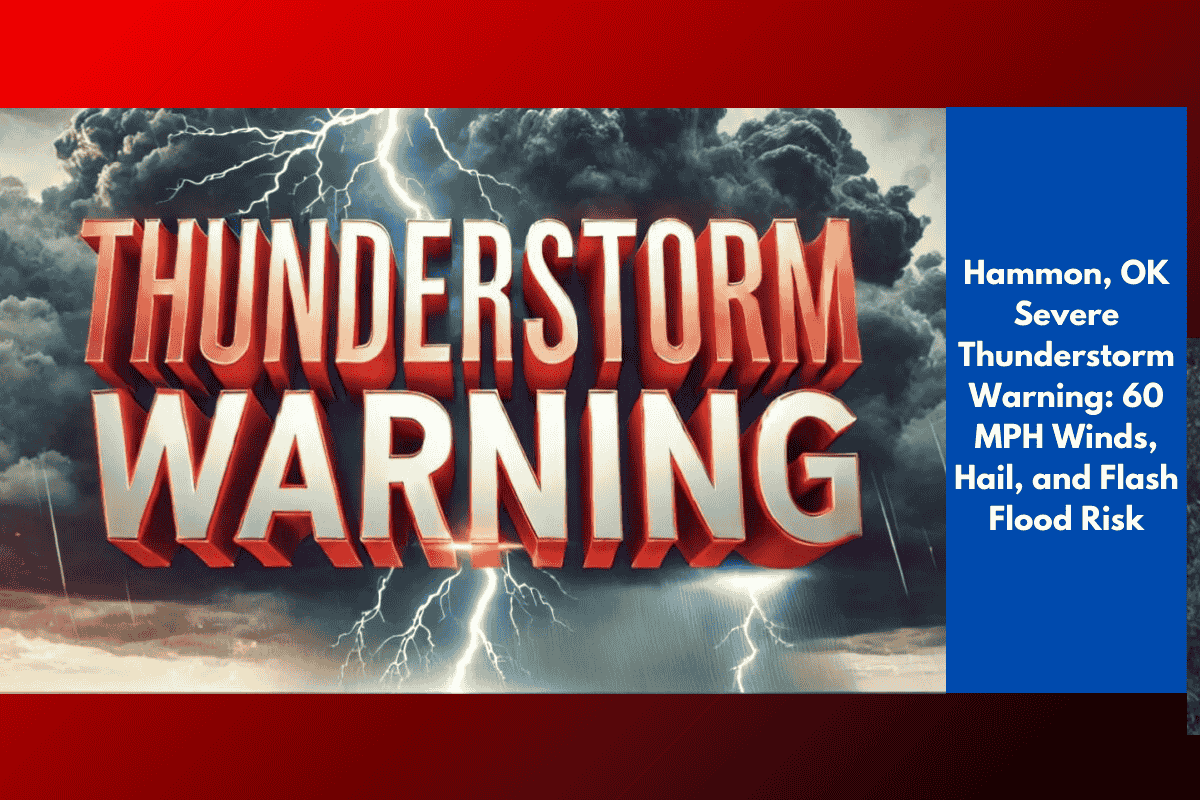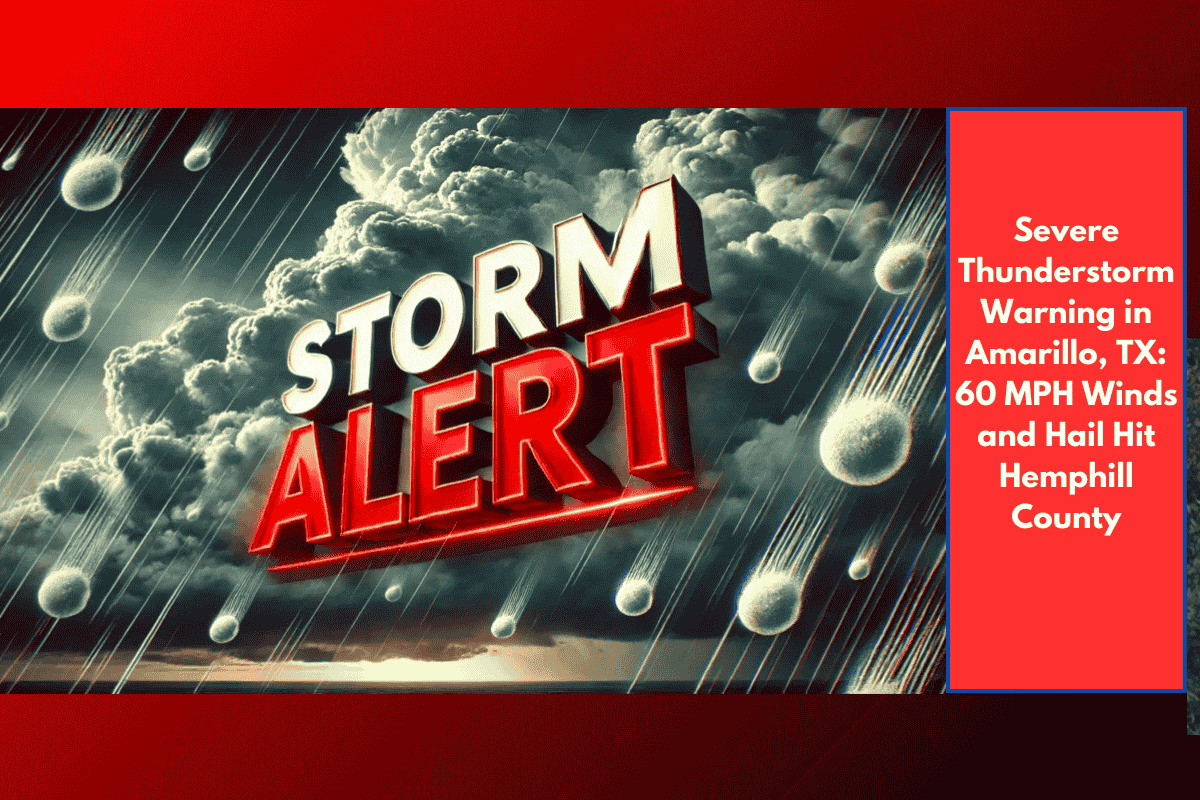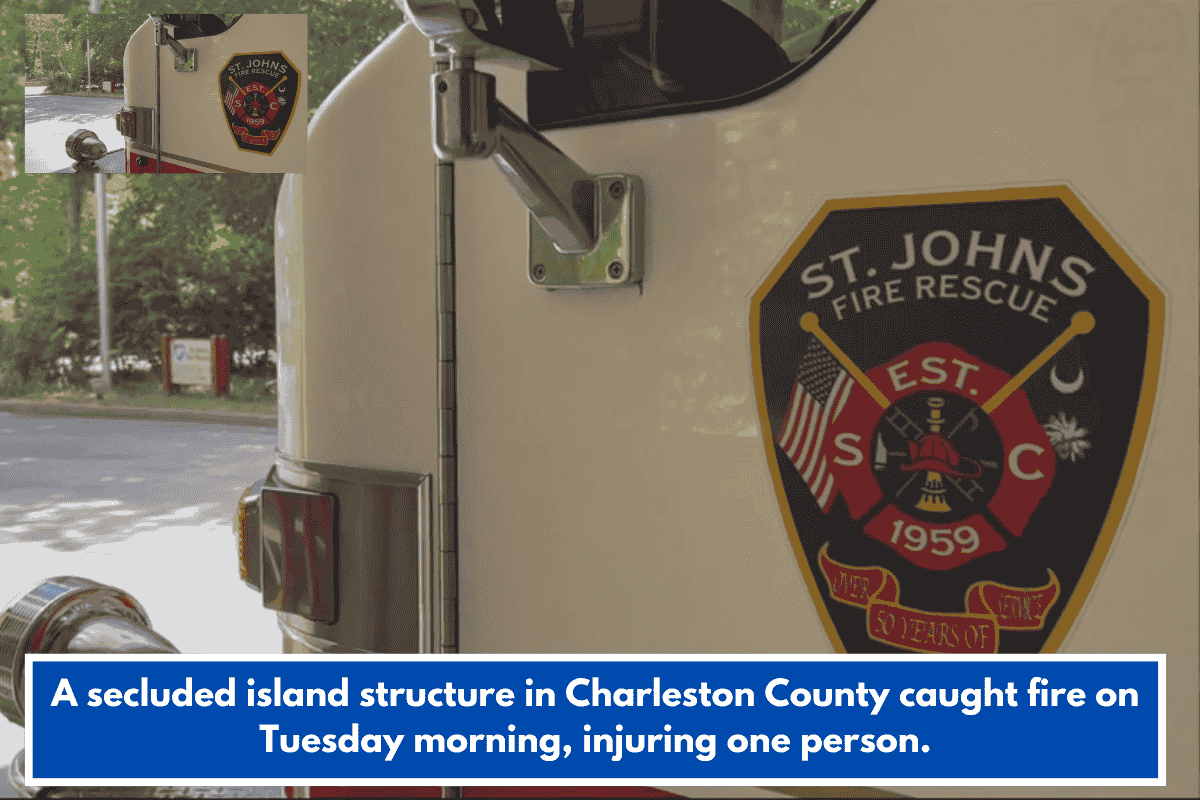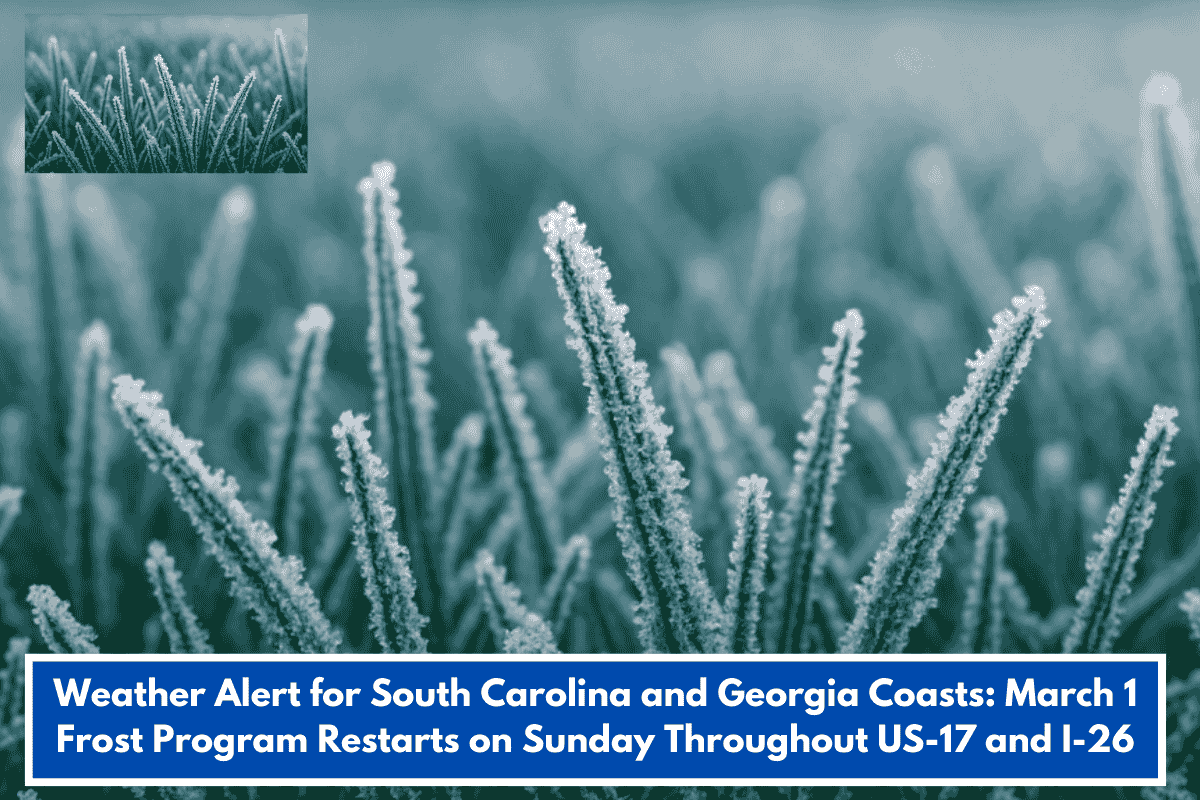A dangerous heat wave is sweeping across the Pacific Northwest, with temperatures expected to stay dangerously high through at least Tuesday. Cities like Portland, Seattle, and Spokane are facing not only extreme daytime heat but also unusually warm nights — offering little to no relief from the heat.
Major to Extreme Heat Risk Across Oregon and Washington
The National Weather Service (NWS) has issued warnings for large parts of western Oregon, western Washington, and interior valley regions. These areas are under major to extreme heat risk levels, which means the heat could be harmful to anyone — not just those in vulnerable groups.
Unlike the Southwest, where temperatures are expected to ease soon, the Pacific Northwest will continue to feel the heat well into midweek. This extended period of high temperatures increases the risk of heat-related illness, particularly because nighttime temperatures are staying far above normal.
Why Warm Nights Are a Serious Concern
Normally, cooler nights help the body recover after a hot day. But during this heat wave, overnight lows are remaining too high, making it hard for people to rest and for buildings to cool down.
In cities like Portland and Seattle, temperatures at night are staying much warmer than usual, trapping heat inside homes and increasing health risks — especially for:
Elderly people
Young children
People with chronic health conditions
Those without access to air conditioning
Cities Urge Precaution and Community Support
Health officials and local governments are urging everyone in the region to take simple but critical precautions to stay safe:
Limit outdoor activities, especially during the hottest parts of the day
Drink plenty of water, even if you’re not feeling thirsty
Wear light clothing and stay in the shade when possible
Check on neighbours, especially seniors and those living alone
To help residents cope, cooling centers remain open in Portland and King County. These spaces offer air conditioning, water, and shelter from the heat.
In addition, power companies are asking customers to reduce electricity use during peak hours to avoid overwhelming the energy grid. Turning off unnecessary lights and avoiding major appliances during the afternoon can make a difference.
Heat Advisories Likely to Remain in Effect
Weather experts say this is not a typical summer heat wave. The combination of extreme daytime highs and little nighttime cooling makes this event especially dangerous. As a result, heat advisories are expected to remain in place until at least Tuesday, with the possibility of extensions if temperatures don’t drop.
The Pacific Northwest is known for its mild summers, but recent years have brought more extreme weather events. This ongoing heat wave is a clear reminder of how climate patterns are changing. Staying informed, taking precautions, and looking out for one another can help prevent heat-related illnesses and save lives during this challenging time.

